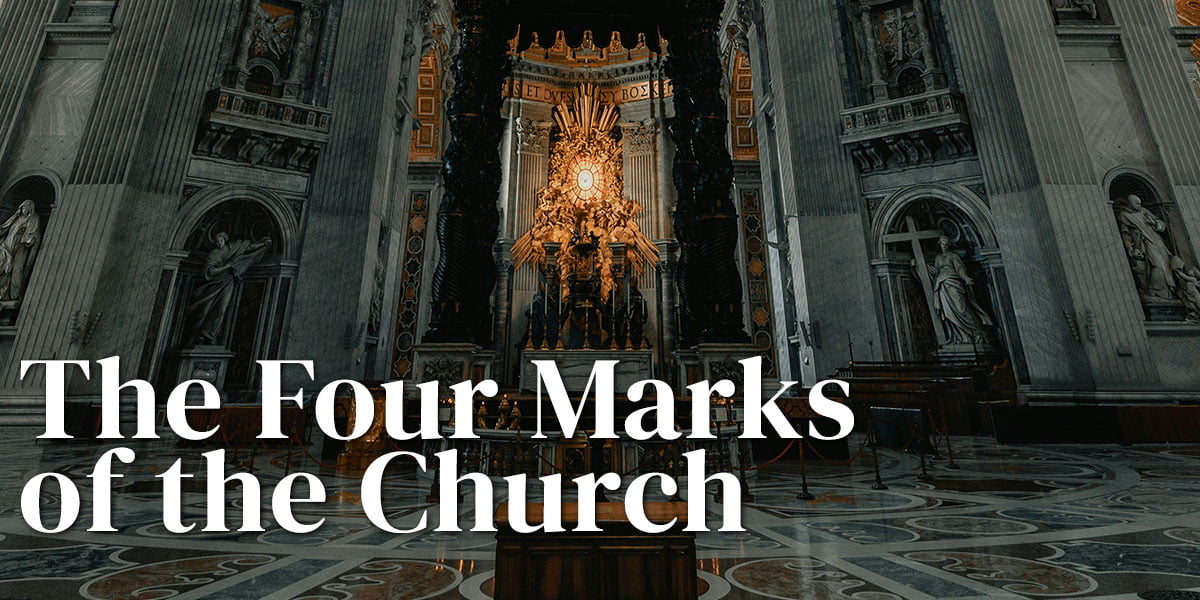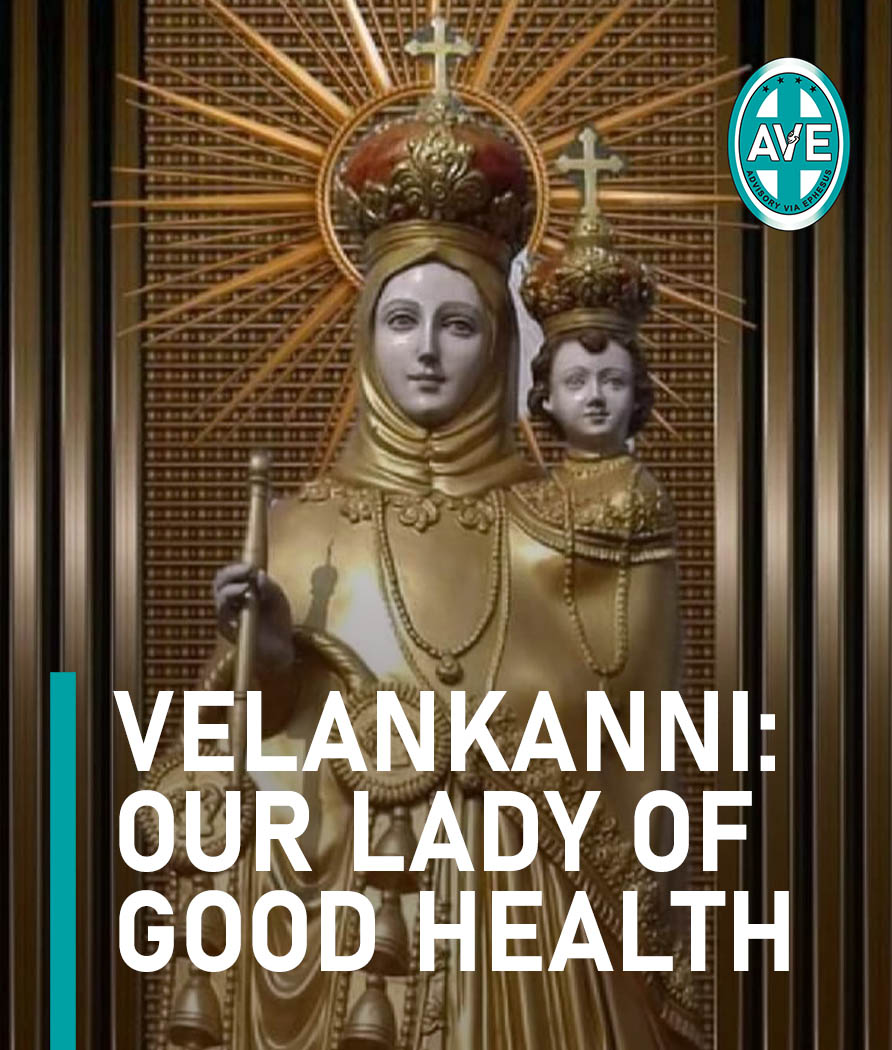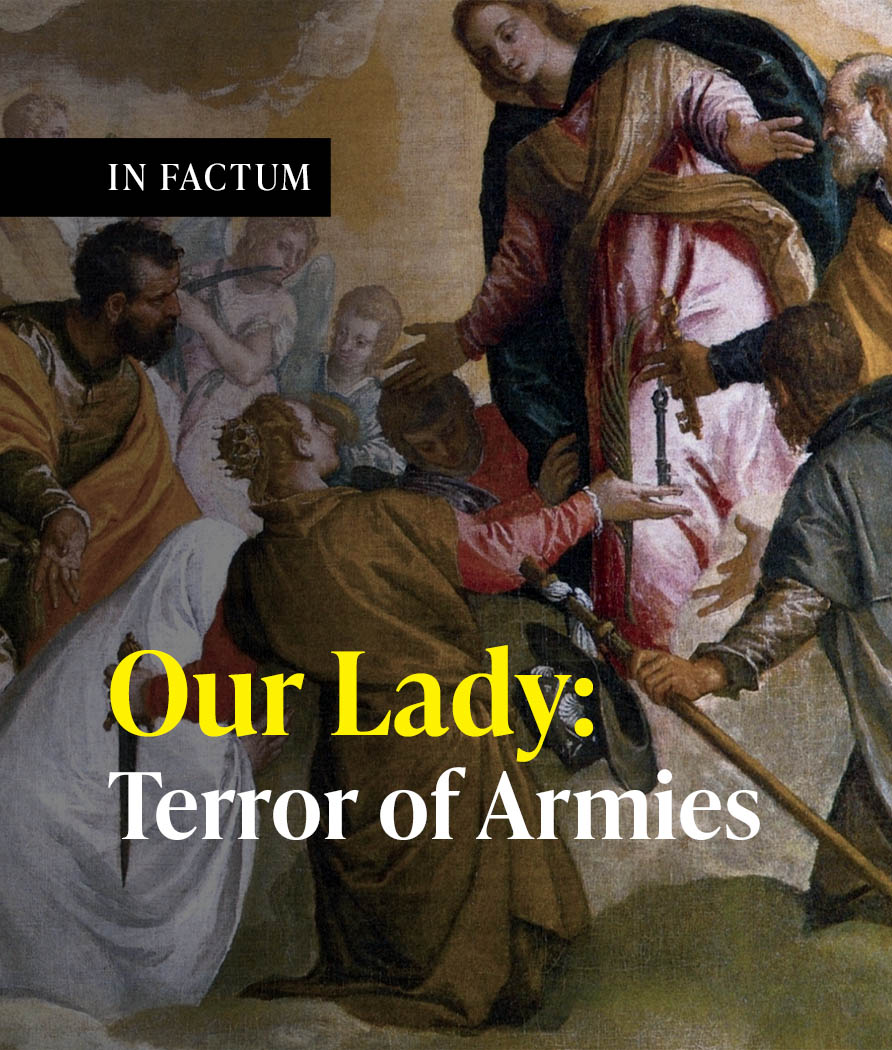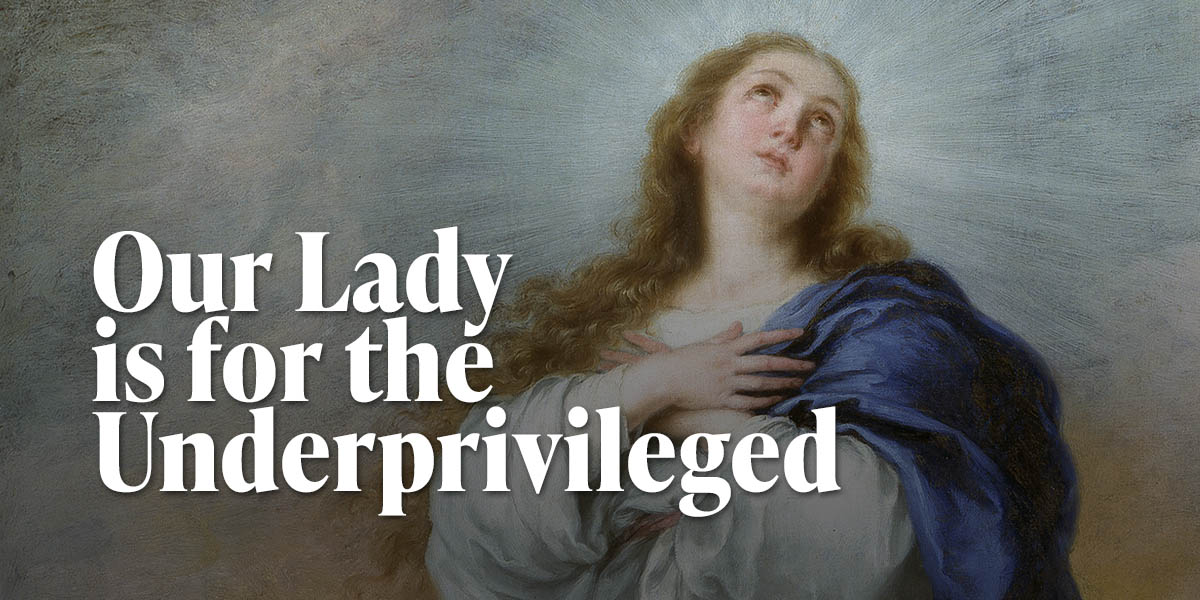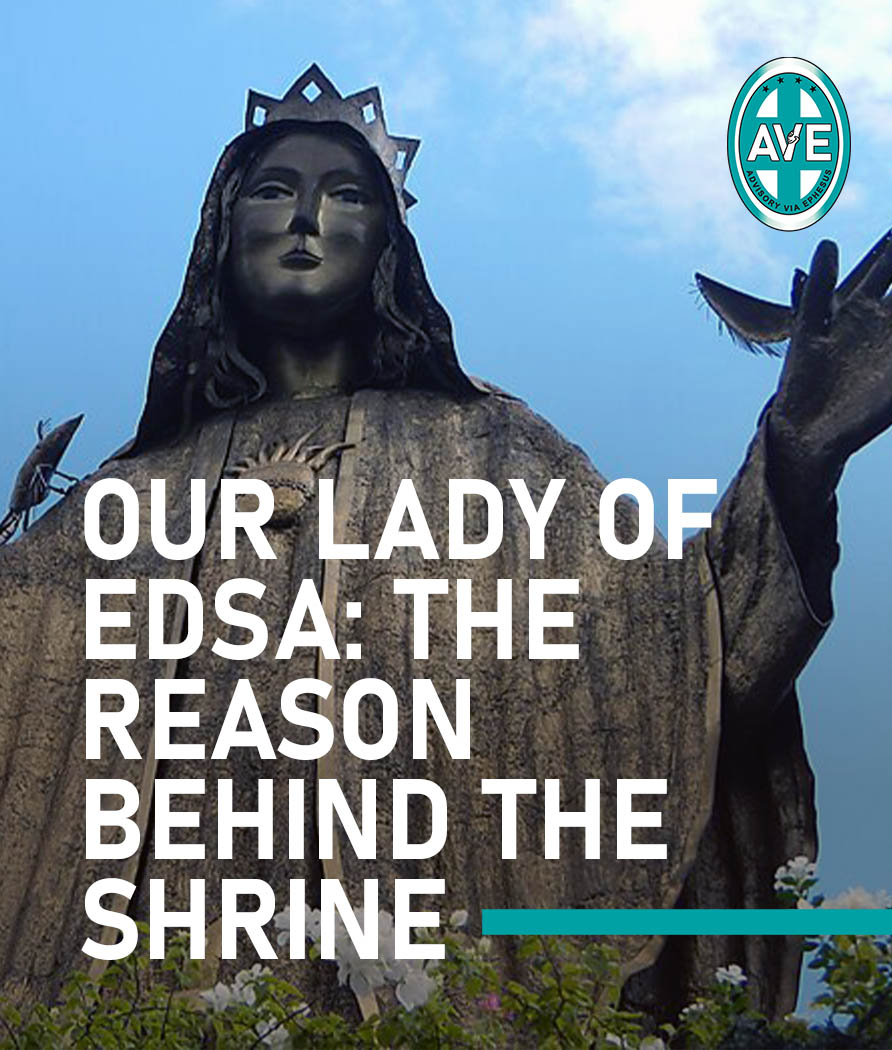DR. STRANGE
After watching the movie Dr. Strange in the Multiverse of Madness by Marvel, I realized that it might be a good idea to discuss where all this madness is coming from. Obviously how it penetrated popular culture such as, film, comics, and video games.
In Dr. Strange in the Multiverse of Madness, he encountered various versions of himself across different multiverses. One reality had him taken aback as he discovered his sinister alter ego. Another dimension revealed him holding a forbidden tome, dabbling in ancient occultism while the most wicked version of him ruled with an iron fist and threatened impending doom upon that world.
One version of him has already passed away, but by harnessing the power from a forbidden book in another universe, he was able to resurrect his own corpse. His soul from the other side of the universe animates the body through a phenomenon known as sleep walking. This serves as a prime example of the complexity that arises from the possibility of a multiverse. While it may be difficult to comprehend, it showcases the potential impact of such a concept.
What potential issues and consequences may arise from considering the concept of the multiverse, particularly in relation to our beliefs? While multiverse-themed movies are intended to provide entertainment, the idea of a multiverse is also a scientific theory that garners support from many individuals. This could lead to ambiguity in distinguishing between the realm of imagination and actuality.
The movie synopsis depicted various existential dilemmas. According to the Bible, we have one life and are subsequently judged. However, if we entertain the idea of multiple lives, which one is subject to judgment given the distinct experiences of our various selves? Such contemplation may lead us to lead a corrupt life in this universe under the false assumption that our other versions may attain redemption elsewhere.
Later, we will try to see how the concept of multiverse plays within the Mystery of God’s Creation.
THE SLEEPING GUARD
Two years ago, during the opening of an art exhibit in a gallery in Batangas, I found myself engaged in a congenial conversation with artist friends and colleagues. However, the pleasant discussion took a turn as a particularly assertive individual posed a familiar question in a rather interesting manner. He confidently but vaguely declared, “I’m sure all of us here believe in evolution!” as if it is an indisputable truth. As a Christian with a basic understanding of the theory, including its materialistic agenda, and its frequent use by atheists to dismiss God, I quickly responded with a firm, “No, I’m actually skeptical.”
It came as no surprise to me that I held the only dissenting opinion among my group of close artist friends. “Because you’re stupid!” he immediately replied. It’s important to note, however, that our exchange was intended to be a friendly discussion among friends, and I believe he may have made the derogatory comment in jest due to our comfortable relationship. In reality, we hold each other in high regard.
However, I regret not being able to defend my stance. At that time, I was not adequately equipped to do so. Furthermore, I came to realize that this form of disparagement is simmilarly employed by atheists when confronted with doubts about Darwinian evolution. The response, “You don’t believe it? It’s a fact,” is the usual rethoric. By fact they mean, a theory that you have to believe as fact. However this pronouncement does not really count as a scientific statement; but rather; a statement about science.
Facts of evolution is different from theories of evolution, when we say that there are observed changes and diversification of species like Darwin’s finches of varying beaks, this refers to the former, on the other hand if we talk about the unobserved slow and gradual steps from potato to bird, or the common ancestry theory, this refers to the latter. This event ignited my interest in delving deeper into a wider array of scientific concepts.
As a visual artist, I may not have the expertise to offer a scientific perspective on the ongoing discussions in the scientific community, but I strive to follow them as “careful” as possible. Einstein once said: ‘You can speak of the ethical foundations of science but not of the scientific foundations of ethics’.
Although faith alone may be sufficient to reject notions that undermine our identity as beings made in God’s likeness, it is essential that we can coherently explain and argue why we do not endorse such arguments. If claims such as the unguided evolution or chance-based origin of our species stem from scientific principles, it may be worthwhile to respond with scientific and logical reasoning. Fortunately, there exist numerous scientific theories that align with our faith and do not contradict our beliefs. To effectively communicate with non-believers, we must use a language that both parties can comprehend.
The question of whether one believes in evolution can be complex, given the various interpretations of the term. Evolution can refer to chemical processes, incremental changes within a species, the evolution of the universe, and other concepts. It is important to be clear on what definition of evolution is being referenced in order to avoid confusion.
To prevent the confusion caused by equivocation, it is crucial to first establish a clear definition. When atheists refer to evolution, they typically refer to the Darwinian mechanism of natural selection and random mutation. It is common for atheists to intentionally use vague language when discussing evolution, so caution is advised. The next time someone asks you if you believe in evolution, it is appropriate to inquire which specific evolution they are referring to.
What does this hypothesis suggest about our faith? Does it imply that our existence is not the result of a powerful creator? Is it possible that our being alive is just a result of chance?
This encounter inspired me to delve into writing on the intersection of science and religion. I am particularly drawn to exploring the areas where these two fields converge and find common ground. While I do not aim to use scientific evidence as a means of proving our faith, it can serve as validating support.
In the upcoming articles, we will delve deeper into evolution, but for now, let’s explore the creation of the universe.
THE MYSTERY OF GOD’S CREATION
One Saturday, I was assigned to do a lecture during our regular cross meeting, and I decided to touch on the mystery of God’s creation. The Catholic Catechism teaches us about the mystery of God’s creation in five different ways: God creates by wisdom and love; He creates out of nothing; He creates an ordered and good world; He transcends creation and is present to it; and He upholds and sustains creation. (Catholic Catechism 395-301, 317-320)
God’s creative process is guided by wisdom and love. Our existence is a testament to God’s boundless love for us, as he created us to share in his being, wisdom, and goodness. As stated in Revelation 4:11, all things exist by God’s will. The world was crafted through God’s intrinsic love and wisdom; it did not arise from necessity, chance, or blind fate.
God’s power is exemplified in His ability to create out of nothing (ex nihilo). He demonstrated this by freely bringing the universe into existence without utilizing any divine substances. Whereas artists, such as myself, create masterpieces through the use of materials like canvases and oil paints, or by sculpting models out of marble, clay, or wood, God requires nothing to create the entire universe. Moreover, through the Holy Spirit, He can bestow spiritual life upon sinners and create pure hearts.
God, with His wisdom, creates a world that is both ordered and good. His order is evident in the precision with which He arranges all things: “You have arranged all things by measure and number and weight” (Wisdom 11:20). His goodness is manifested in the fact that His creation emerges from His own goodness: “And God saw that it was good…very good” (Genesis 1:31). If you observe the world around you, you will notice that it exudes more order and goodness than randomness and chaos, for God has designed it to be so.
God surpasses creation and yet remains present within it. As St. Augustine once declared, “God is higher than my highest and more inward than my innermost self.” Indeed, God infinitely exceeds all of creation. He also upholds and sustains it, having crafted humanity out of love. Abandonment is not in His nature. Rather, He will lead us towards our ultimate destination – to dwell with Him in His kingdom for eternity.
THE BIG BANG THEORY
The Big Bang theory describes the universe’s start as the sudden expansion of matter from an extremely dense and hot state. Since its conception and explanation by Belgian physicist and Catholic priest George Lemaitre in the early 20th century, it has become the universally recognized and accepted model among the scientific community.
Prior to its discovery, what were the beliefs of scientists? During the 19th and early 20th century, the conventional belief held by physicists, cosmologists, and astronomers was that the universe had always existed eternally and infinitely. According to this belief, the universe was thought to be self-existent and self-organized.
However, in 1912, a remarkable finding was made by Vesto Slipher, an American astronomer. He noticed that the light emanating from what we now identify as a nebula had a reddish hue, indicating a longer wavelength and stretching. This led him to conclude that these nebulae were moving away from the observer. At the time, the general consensus was that these nebulae existed within our galaxy, the Milky Way.
In 1920, while conducting research on the red shift evidence at Mt. Wilson, Edwin Hubble made a groundbreaking discovery using the Hubble space telescope. He found that the nebular structures he was observing were actually located outside of our galaxy. By observing that these galaxies were red shifted and moving away from each other in all directions, Hubble concluded that the universe must be expanding and growing larger.
A prime example of this phenomenon can be illustrated by comparing it to the inflation of a balloon. Consider the scenario where the phrase “Happy Birthday” is imprinted on the surface of the balloon during your party. As you blow into the balloon, it expands and the letters begin to move away from one another in varying directions. Consequently, the expansion results in the creation of spaces between each letter. As the balloon continues to inflate, the spaces between the letters continue to widen – much like the galaxies in our universe that are also moving apart from each other as the universe expands.
What is the significance of this expansion? It implies that as time progresses, the universe is expanding at an increasingly rapid pace, driving galaxies further apart. By extrapolating this event backward in time, we can visualize the process as if we were rewinding a tape or dragging a slider on a YouTube video. The galaxies would gradually draw closer to each other until reaching a point where the fundamental components of the universe – space, time, matter, and energy – did not yet exist. This moment marks the inception of the universe.
The discovery of CMBR, also known as cosmic microwave background radiation, is another compelling piece of evidence that supports the Big Bang Theory. Physicists were able to calculate the temperature of the universe during its early, dense and hot state, which matches the temperature of the detected radiation. This radiation is believed to be remnants of the Big Bang.
Prior to the advent of Cable TV and Netflix, the Cosmic Microwave Background Radiation (CMBR) was detected through the static that appeared on television screens when you remove the antenna or when TV programs are no longer available. Surprisingly, the static that is commonly observed when switching channels actually represents remnants of radiation from the momentous event known as the Big Bang.
The theory of the Big Bang is corroborated by the observable phenomena of the red shift, expansion, and cosmic microwave background radiation, thereby asserting that our universe has a definite origin. Interestingly, this scientific exposition aligns with the doctrinal tenets of the Catholic Church, which firmly believes that the cosmos was crafted by an omnipotent Creator. Hence, the Big Bang theory serves as a cogent piece of evidence supporting the existence of a Divine architect.
UNIVERSE FROM NOTHING
Stephen Hawking in the 1960’s added an exciting development in theoretical physics that supported the Big Bang Theory even more by solving Einstein’s Field Equation. He explained that if the universe is getting smaller and smaller in the reverse direction of time, the matter of the universe becomes tightly compressed. And as it becomes denser, the curvature of the universe gets tighter and tighter. As you go back farther and farther, the matter will get infinitely compressed, the curvature will get infinitely tight, and at that point the laws of physics would break up which he calls the singularity. That singularity marks the beginning of time, not just time but of space corresponding to 0 spatial value. How much matter then can you put in a 0 space? Obviously, none.
This singularity theorem is consistent with the church teaching. God showed his power by creating our universe from nothing. We can therefore argue that the primary cause of the universe must be an all-powerful being that is uncaused and must transcend space, time, matter, and energy. This is because, as the church teaches us, God transcends His creation.
FINELY TUNED UNIVERSE
The physical constants of the universe made it possible to permit intelligent life here on earth. If the distance between the sun and our planet, even just a hair thin closer to each other would be too hot to allow life. If farther away, even with just a tiny increment would make it too cold. If the earth rotates a little faster, we will lose our atmosphere, if it rotates a little slower, we will burn in the day and freeze at night. Those parameters have to be just right, and its accuracy is so mind-boggling. This is agreed by almost all physicists, cosmologists and astronomers regardless of worldview.
The theory however has a very strong theistic implications, who does the fine tuning? Does this prove there is God? It might be very difficult to claim that. But in the same way it must be preposterous to appeal to chance when you observe something so specified and accurate as what the physical constants exhibit.
In any case the fine tuning of the universe is consistent with the teaching of the church. That God do exist, and He created a good and orderly universe, He arranged all things by measure, number, and weight.
MULTIVERSE OR GOD?
There’s overwhelming evidence for the Big Bang Theory and the Fine Tuning of the Universe. The idea that if the universe has a beginning, it should follow that it must have a cause. Because whatever begins to exist must have a cause. Matter cannot cause itself because it is non-existent prior to the beginning, and the universe came into being from nothing physical.
To illustrate my point, I’d like to share something I came across in the book Why we are Catholic. Consider the creation of Facebook: if Mark Zuckerberg were to receive a message from Facebook to create itself, it would be impossible as the platform did not yet exist. The fact is, the creation of Facebook required the existence of Mark Zuckerberg himself, since it cannot create itself and needed a creator outside of its own non-existence.
Interestingly, the Big Bang and the Fine-Tuning theory have a very strong theistic implications which gives emotional discomfort to most scientists, particularly those who have materialistic world view. Scientists were obliged to come up with an explanation of its origin. How are the parameters of the physical constants so accurate and finely tuned? What is the cause of these fine tuning? Who is the fine tuner?
By default, the conventional approach in science is to explain a phenomenon through a materialistic process. The difficulty in explaining the beginning is the absence of matter. How can anyone come up with a materialistic explanation of the beginning if matter is nonexistent? Now to avoid the difficulty of explaining having a fine tuner or a creator, what these scientists did ironically, is to resort to proposing a metaphysical and undetectable multiverse. Scientists suggested that there may be hundreds of other trillions of universes outside of ours. In other words, they again appeal to chance. And because there are many other universes, ours is nothing special, merely just a product of chance. It just so happens that we are the lucky ones, ours is the only one capable of hosting life. We just happened to win the cosmic lottery.
However, at this point, it might be very difficult to disprove the existence of other universe, nevertheless the Multiverse is a metaphysical hypothesis, because it cannot be observed and at the same time believed to have its own laws of physics which we cannot access. The hypothesis doesn’t have any strong evidence to support it, a hypothesis to avoid God, but all the same speculative. Now do we have any good reason to believe it? With the two competing metaphysical explanations on the origin of the universe, which one is more adequate, a Multiverse or God?
Today the multiverse hypothesis is widely popularized by some celebrity scientists like Lawrence Krauss, who is a self-confessed militant atheist among many others. It has recently surfaced our popular culture.
CROSSROAD
Perhaps the most intriguing query we could pose is whether religion and science can align on the origin of the universe. Does the universe have a finite beginning, or has it existed eternally? Has science even considered the notion of a creation event? By exploring these inquiries, we may uncover ways in which science and religion can complement one another.
CONCLUSION
In my introduction, I highlighted how faith goes beyond mere belief in our creation as a product of God’s love. It also signifies our capacity to receive and partake in His greatness. Yet, as Christians, we must remain vigilant and prepared to defend our faith when subjected to scrutiny. This is akin to being a guard on duty, always vigilant and ready to face any challenge that comes our way.
Demonstrating the existence of God and His influence as the primal force behind all things may pose a significant challenge. Nevertheless, one can reasonably substantiate the notion of His existence by highlighting a variety of compelling evidence. This approach is akin to mathematician John Lennox’s perspective on his wife’s love. While he cannot prove her affection, as he does not possess insight into her emotions, he can present a collection of evidence that supports the claim.
We are created by God in His image and imbued with rationality, which we share with Him. The foundation of science is rooted in the principle that God has made all things intelligible through reason, and that we can comprehend the workings of nature through systematic methods, as espoused by the pioneers of modern science such as Isaac Newton, Robert Boyle, and Johannes Kepler.
Real science is characterized by its tentativeness, allowing ample space for skepticism to be expressed. The act of doubting is a valuable virtue that propels scientific enquiry forward. We are called to pursue only a faith that expresses unwavering confidence in God’s divine revelation.
Scientific theories operate as narratives, conveying more than just factual explanations. We stand to decode the lessons they impart, including those learned from the dark chapters of history, such as eugenics and racist science in Germany, or the ideology-laden Marxist science in the Soviet Union.





